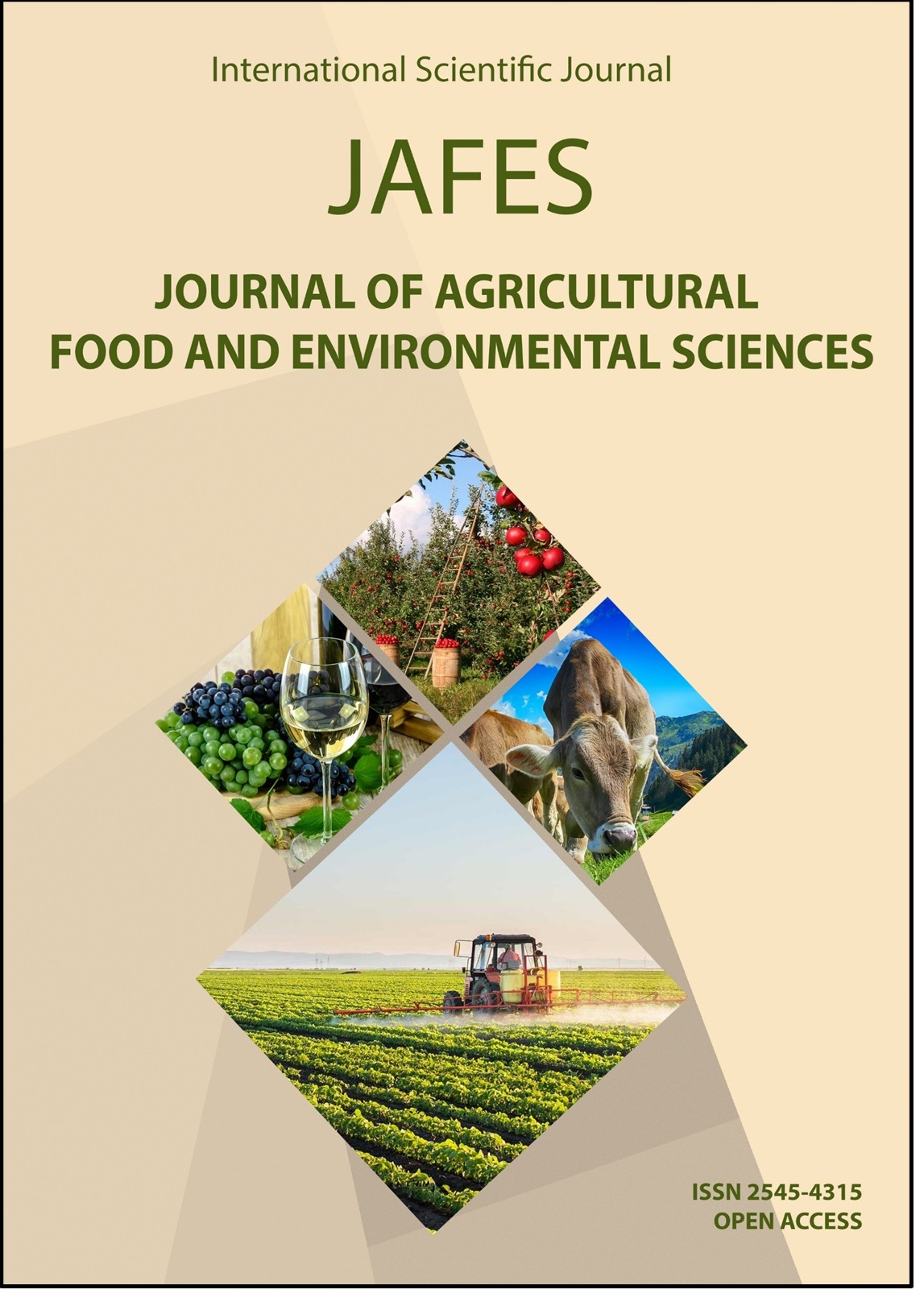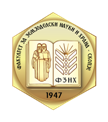MICROBIAL DIVERSITY IN TRADITIONAL CHEESES FROM NORTH MACEDONIA: INSIGHTS FROM EXISTING STUDIES
Клучни зборови:
Microbial diversity, Lactic acid bacteria, Traditional cheeses, Dairy sector.Апстракт
Study examines the diversity and role of microorganisms in cheeses based on existing studies, with a particular focus on traditional Macedonian cheeses. Kashkaval, white brined cheese and beaten cheese are the most common cheeses produced by small farms and farmhouses in North Macedonia. These cheeses are distinguished by their unique production methods, which result in different physical, chemical, and microbiological profiles. A variety of microorganisms, such as bacteria, yeasts, and molds, play an important role in the ripening process, affecting the process of proteolysis, texture, and volatile compounds. In particular, Lactobacillus species such as Lb. plantarum and Lb. acidophilus are prevalent at different stages of cheese ripening. The cheeses are traditionally made from raw milk without commercial starter cultures, relying on indigenous lactic acid bacteria. Despite challenges related to milk quality and safety, local food initiatives remain crucial for the sustainability of the dairy subsector in North Macedonia. The study recommends strengthening cooperation among stakeholders, promoting traditional products, establishing support mechanisms, and implementing educational programs to improve milk quality and safety. Further research is needed to ensure microbial diversity preservation in traditional cheeses that should investigate artisanal cheeses in North Macedonia using genomic and metabolomic methods to gain insights into their microbiological and chemical properties. Collaborative efforts are essential to support local dairy producers and implement strategies to improve the dairy sector in North Macedonia. This will contribute to the protection of traditional cheeses and their microbial biodiversity.



